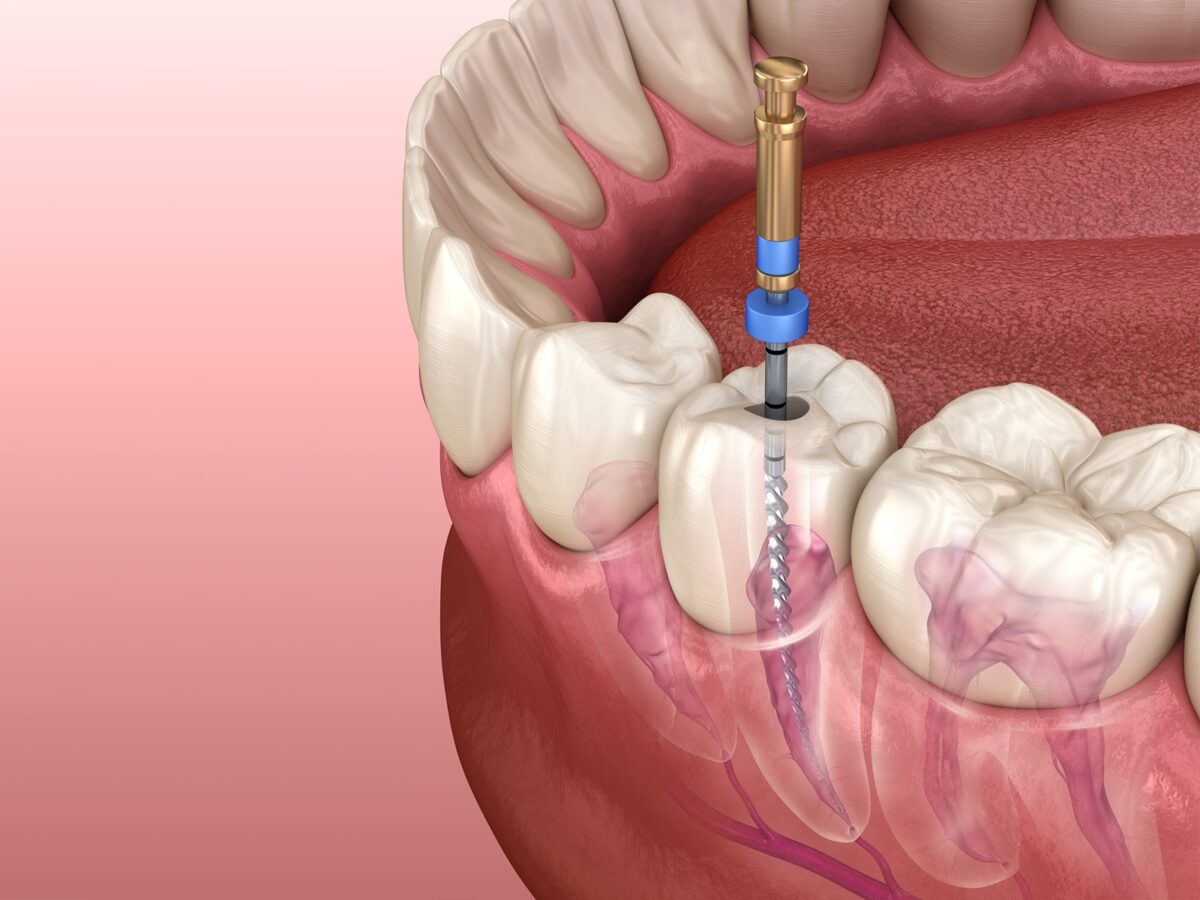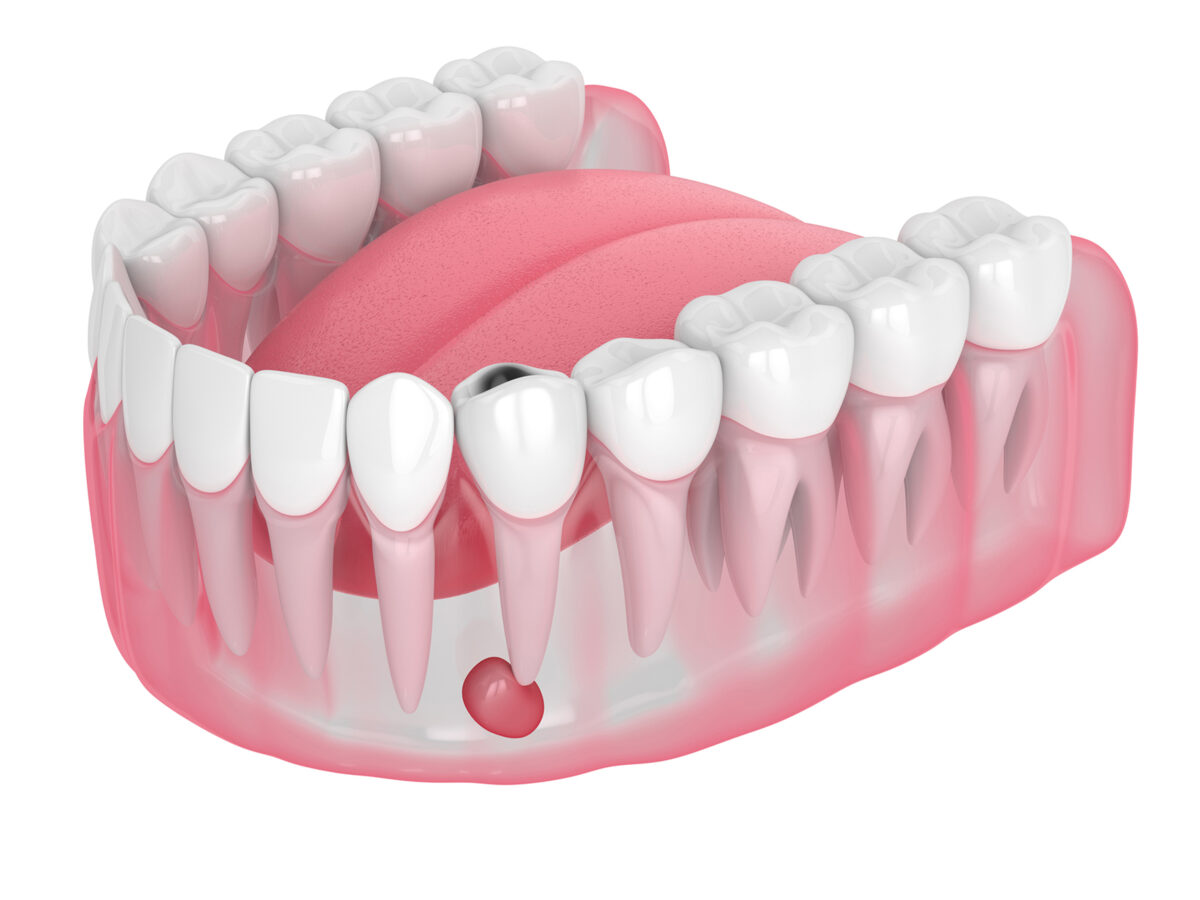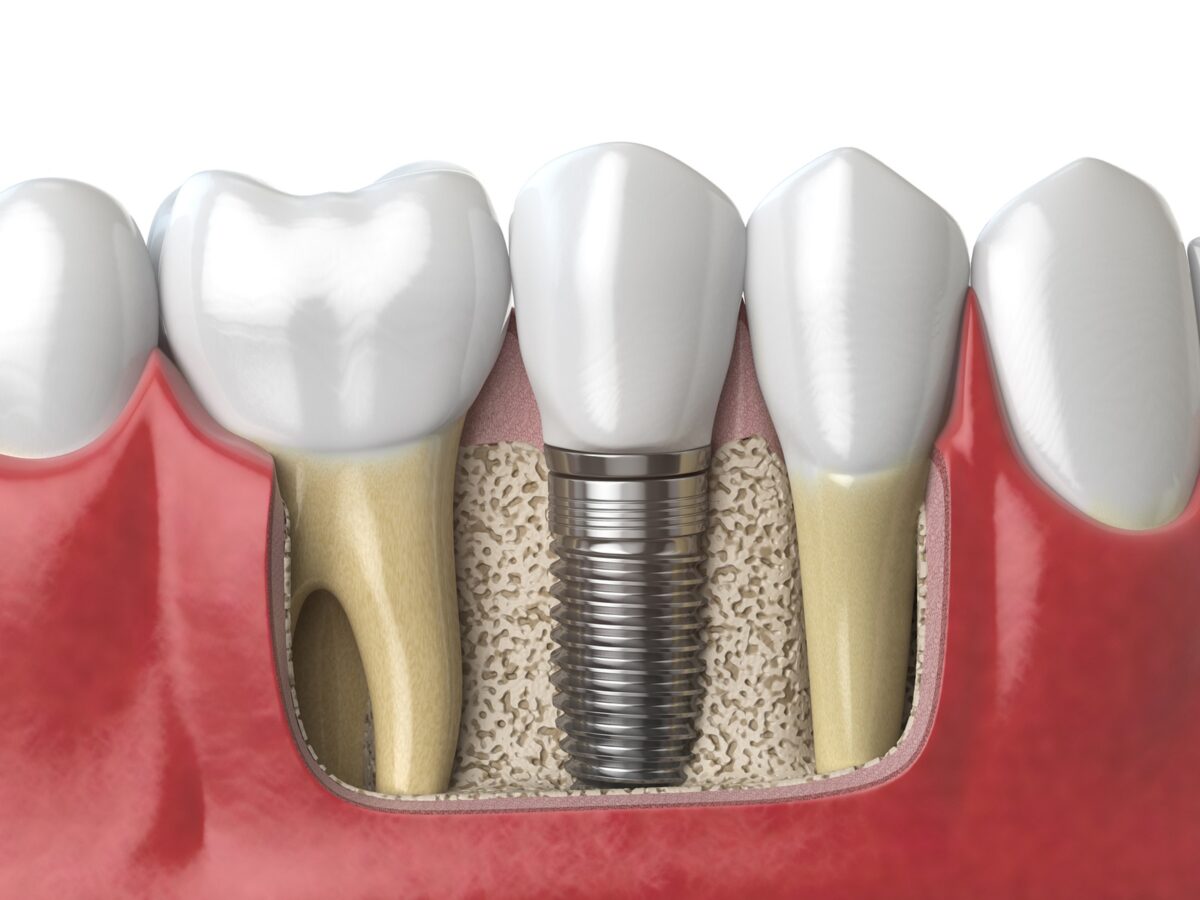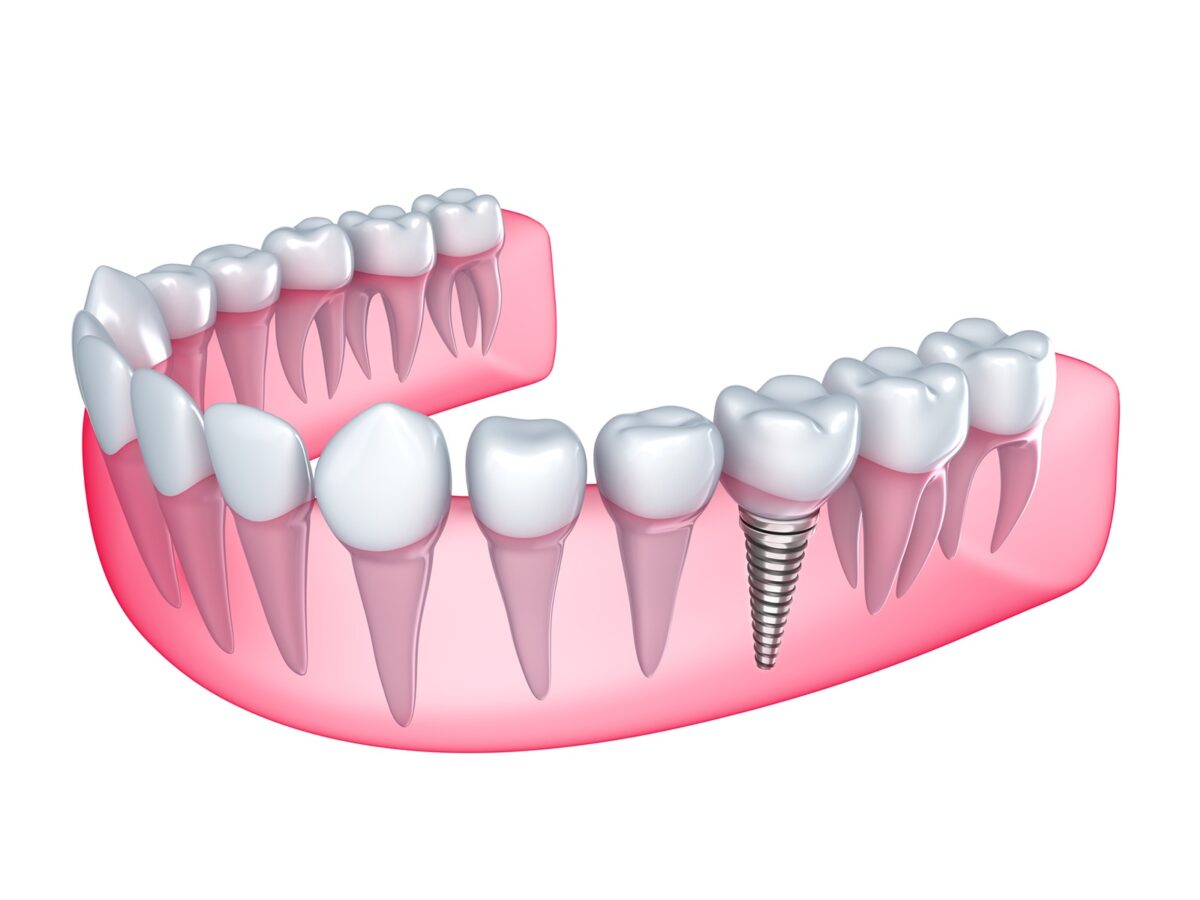A root canal is a treatment designed to eradicate bacteria from the infected root canal, prohibit further re-infection, and save a person’s natural tooth.
The process entails removing the inflamed or infected pulp inside the tooth and carefully cleaning and sealing the area. Now that we have talked about the basics of root canal treatment, let us examine further a root canal infection.
What is a Root Canal Infection?
Despite being incredibly safe, a small proportion of the population may suffer from tooth infection after a root canal procedure. A little pain is normal after a root canal. But, if the discomfort and tenderness continue for prolonged periods, then you might be suffering from a root canal infection.
A tooth that does not fully heal after a root canal can become diseased for months and even years. Some of the causes of root canal infection are:
- The shape of your root canal is complicated, and some affected areas may go unnoticed in the first root canal procedure.
- An infection may occur if the crown placement is delayed after the root canal treatment.
- New cavity or damage after root canal treatment.
- Your tooth may have narrow canals that were not thoroughly cleaned during the root canal procedure.
- Your tooth may have an extra canal that houses bacteria and re-infect the tooth.
Can Amoxicillin Be Used As A Remedy For Root Canal?
Most antibiotics like Amoxicillin are not viable to cure a root canal infection. Once the disease has reached its roots, it means the blood vessels with antibacterial defenses have broken down. Hence, antibiotics cannot penetrate inside the tooth into the root where the problem lies. A feasible way to deal with a root canal infection is to see your dentist as soon as possible.
Schedule your appointment with a dentist today and get the treatment on time!





